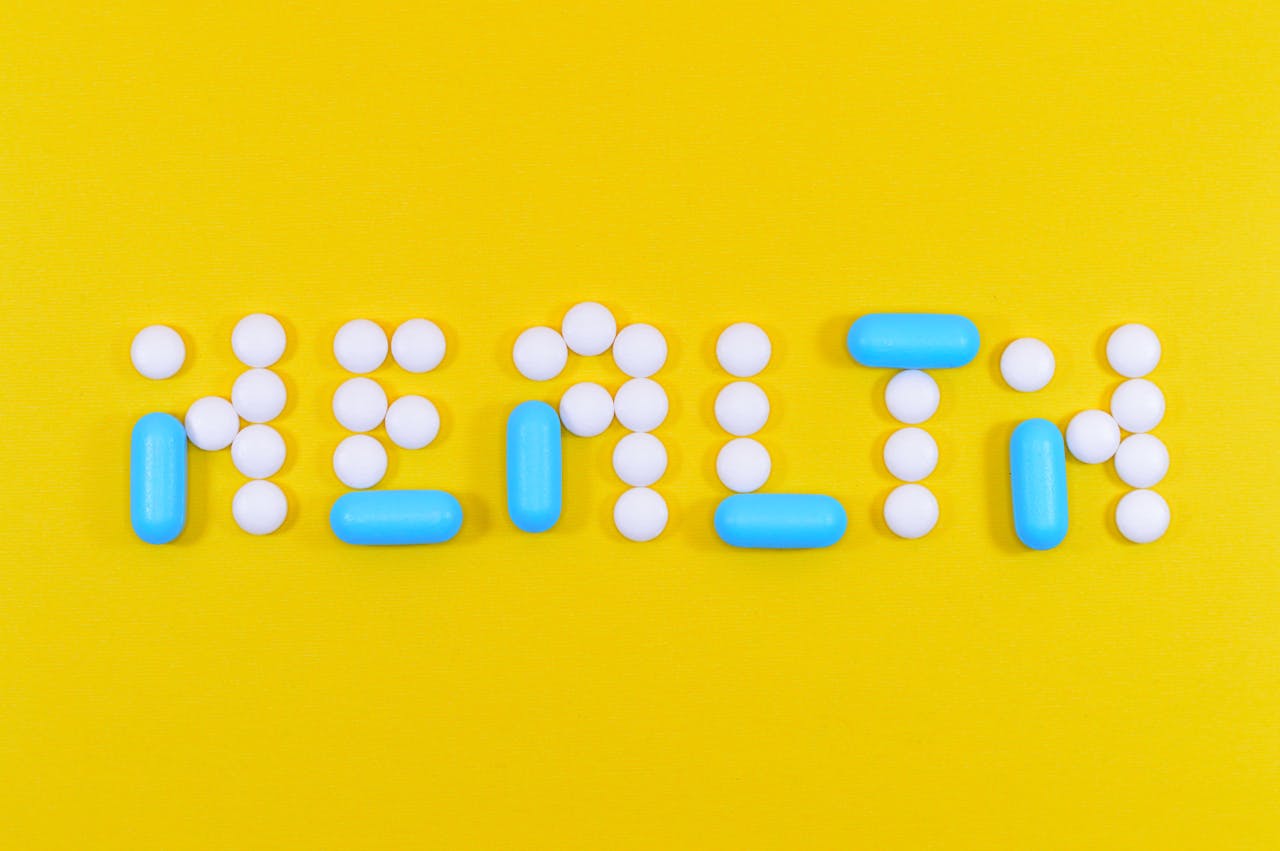Introduction
Social media has become an integral part of modern life, offering numerous benefits such as easy communication, access to information, and entertainment. However, its impact on mental health has become a subject of growing concern among researchers, healthcare professionals, and users alike. This overview examines both the positive and negative effects of social media on mental health.
Positive Effects
- Social Connectivity and Support:
- Social media platforms enable users to connect with friends, family, and communities, fostering a sense of belonging.
- Online support groups and communities offer emotional support, particularly for individuals with specific health conditions or mental health issues.
- Access to Information and Resources:
- Users can access a wealth of information on mental health, including coping strategies, self-help tools, and professional resources.
- Educational content and awareness campaigns on social media help to reduce stigma associated with mental health issues.
- Opportunities for Self-Expression:
- Social media provides a platform for creative expression through blogs, videos, art, and other forms of content.
- It allows individuals to share their experiences and stories, fostering empathy and understanding.
Negative Effects
- Cyberbullying and Online Harassment:
- Social media can be a venue for bullying, harassment, and negative interactions, leading to stress, anxiety, and depression.
- Victims of cyberbullying often experience lower self-esteem and increased feelings of isolation.
- Comparison and Self-Esteem Issues:
- The tendency to compare oneself to others on social media can result in feelings of inadequacy and low self-esteem.
- Curated images and posts often present unrealistic standards of beauty, success, and happiness.
- Addiction and Time Management:
- Excessive use of social media can lead to addiction, interfering with daily responsibilities and activities.
- It can also result in sleep disturbances, decreased productivity, and a lack of real-world social interactions.
- Anxiety and Depression:
- Constant exposure to negative news, information overload, and the pressure to maintain an online persona can contribute to anxiety and depression.
- The “fear of missing out” (FOMO) phenomenon is exacerbated by social media, leading to chronic stress.
Research Findings
- Adolescents and Young Adults: Research indicates that heavy social media use is linked to increased rates of depression, anxiety, and suicidal thoughts among adolescents and young adults. This demographic is particularly vulnerable due to developmental factors and peer pressure.
- Sleep Quality: Studies have shown that social media use, especially before bedtime, can negatively affect sleep quality and duration. Poor sleep is closely associated with mental health issues such as depression and anxiety.
- Loneliness and Isolation: Paradoxically, while social media connects people virtually, it can also contribute to feelings of loneliness and social isolation when online interactions replace face-to-face communication.
Mitigation Strategies
- Mindful Usage:
- Setting time limits on social media use can help prevent addiction and reduce negative impacts.
- Engaging in digital detoxes and prioritizing offline activities can improve mental well-being.
- Positive Engagement:
- Following accounts that promote positivity, mental health awareness, and supportive communities can enhance the social media experience.
- Encouraging open conversations about mental health on social platforms can help normalize seeking help.
- Education and Awareness:
- Educating users, especially young people, about the potential risks of social media and promoting media literacy can empower them to make healthier choices.
- Awareness campaigns highlighting the importance of mental health and providing resources for those in need are crucial.
Conclusion
Social media has a profound impact on mental health, with both positive and negative consequences. While it offers valuable opportunities for connection, support, and information, it also poses risks such as cyberbullying, comparison, and addiction. Understanding these effects and implementing strategies to mitigate the negative impacts can help users harness the benefits of social media while protecting their mental health. As research continues to evolve, it is essential to adapt and develop best practices for healthy social media use.

